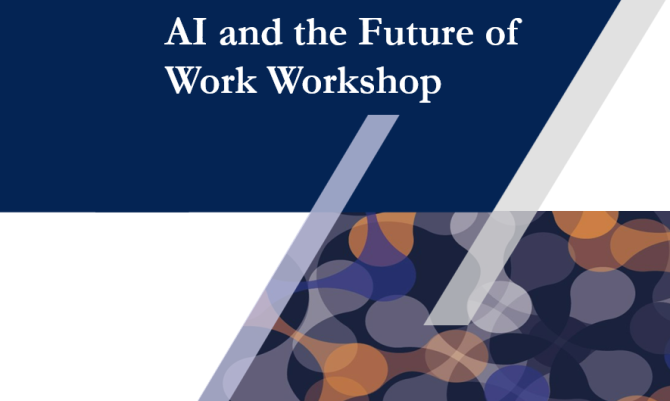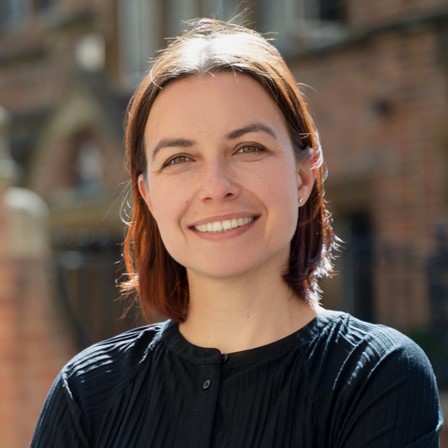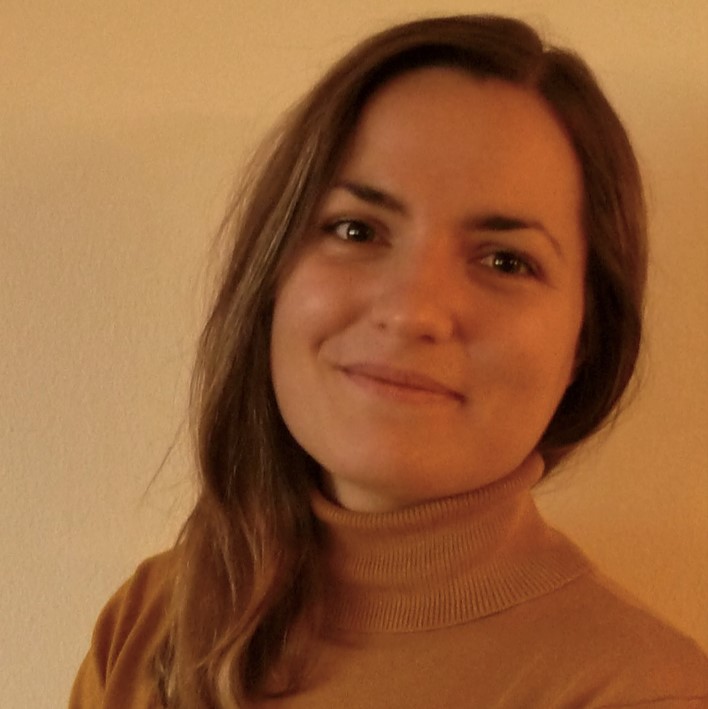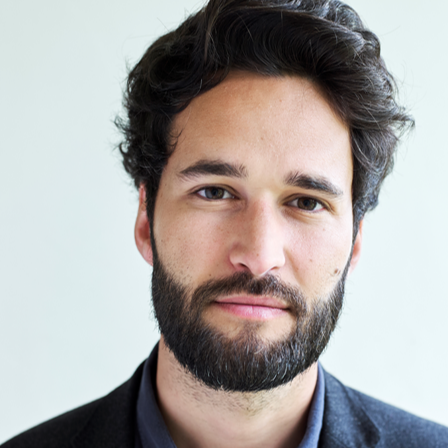
The Institute for Ethics in AI hosted a two-day workshop on the topic of AI and the future of work. This workshop discussed many different facets of paid work: the white-collar workplace, the AI supply chain, meaningful work vs menial work, the creative industries, and the care sector, amongst others. These different contexts implicate different actors, dynamics, policies, and challenges when intersecting with AI implementation. During the workshop, work and its role and meaning in social life were placed under the microscope, with participants sharing diverse understandings: to some, work is something you would gladly pay another to do, whilst to others, work is a source of meaning, identity, and a source of collective action. For many, work is both. This workshop shed light on how an understanding of the role of AI in work can open up conversations around what work is and, in a technologically enabled future, what work could and should be like. These discussions highlight the role of academics, policymakers, and business leaders in the face of rapid technological advancement to help societies understand the choices they face and to illuminate the possible futures ahead.
A summary of the key discussion points and insights are covered in the AI and the Future of Work Workshop Report.
Organised and hosted by

Dr Ekaterina Hertog is an Associate Professor in AI and Society, joint with the Oxford Internet Institute, and in association with Wadham College. Ekaterina’s research interests lie at the intersection of digital sociology and family sociology. She leads the ESRC-funded DomesticAI project that scopes new technologies’ potential to free up time now locked into unpaid domestic labour and measures how willing people are to introduce these technologies into their private lives. First research findings are available as pre-prints here: The future(s) of unpaid work: How susceptible do experts from different backgrounds think the domestic sphere is to automation and The future of unpaid work: Estimating the effects of automation on time spent on housework and care work in Japan and the UK.

Dr Charlotte Unruh is an Early Career Research Fellow at the Institute and a non-stipendiary research fellow at Corpus Christi College, Oxford. Charlotte’s research focuses on AI ethics wellbeing. Charlotte previously was a postdoctoral researcher at the Technical University of Munich after completing a PhD in Philosophy at the University of Southampton, a MRes in Philosophy at the University of Reading, and a BA in Philosophy and Politics at Otto-Friedrich-University Bamberg.

Dr Daniel Susskind is a Research Professor in Economics at King’s College London, and a Senior Research Associate at the Institute for Ethics in AI at Oxford University. He is the co-author of the best-selling book, The Future of the Professions (2015) and the author of A World Without Work (2020), described by The New York Times as "required reading for any potential presidential candidate thinking about the economy of the future”. His TED Talk, on the future of work, has been viewed more than 1.6 million times. And his new book, Growth: A Reckoning, will be published in April 2024. Previously he worked in various roles in the British Government – in the Prime Minister’s Strategy Unit, in the Policy Unit in 10 Downing Street, and in the Cabinet Office. He was a Kennedy Scholar at Harvard University.
